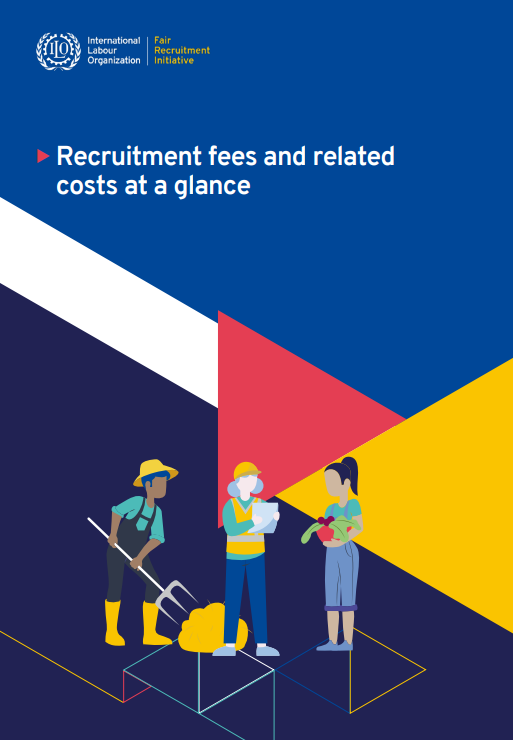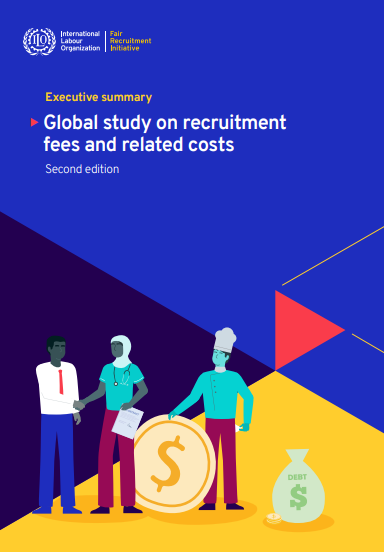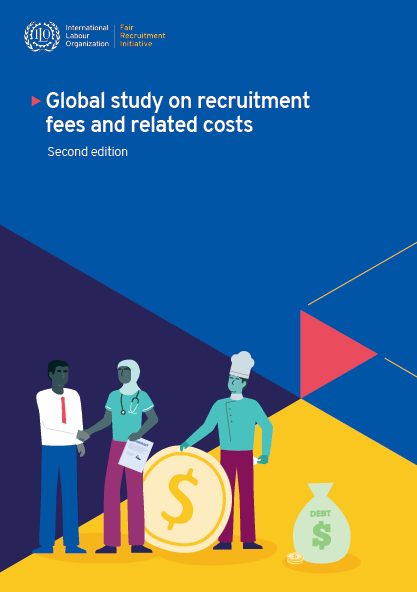ILO announces winners of the 10th edition of the Global Media Competition on Labour Migration
Posted at December 12th 2024 12:00 AM | Updated as of December 12th 2024 12:00 AM
Region/Country :
|Themes : ,
Advancing Fair Recruitment and Working Conditions for migrant workers: Outcomes from the GIZ-ILO Conference
Posted at November 27th 2024 12:00 AM | Updated as of November 27th 2024 12:00 AM
Region/Country :
|Themes :
ILO’s Fair Recruitment Initiative: A Decade of Progress and Future Directions
Posted at November 14th 2024 12:00 AM | Updated as of November 14th 2024 12:00 AM
Region/Country :
|Themes : ,
10 Years of the Fair Recruitment Initiative: Milestones, Impact, and the Road Ahead
Discussion forum following the Fair Recruitment Initiative's 10-year anniversary webinar. Please feel free to continue the conversation here by posting questions and engaging with others./
Forum de discussion faisant suite au webinaire organisé à l'occasion du 10e anniversaire de l'initiative pour un recrutement équitable. N'hésitez pas à poursuivre la conversation en posant des questions et en échangeant des points de vue avec les autres participants./
Discussion forum following the Fair Recruitment Initiative's 10-year anniversary webinar. Please feel free to continue the conversation here by posting questions and engaging with others./
Forum de discussion faisant suite au webinaire organisé à l'occasion du 10e anniversaire de l'initiative pour un recrutement équitable. N'hésitez pas à poursuivre la conversation en posant des questions et en échangeant des points de vue avec les autres participants./
A free course on measuring migrant recruitment costs for SDG indicator 10.7.1
Posted at September 24th 2024 12:00 AM | Updated as of September 24th 2024 12:00 AM
Region/Country :
|Themes : , ,
Innovative teaching material on fair recruitment for business schools
Posted at September 24th 2024 12:00 AM | Updated as of September 24th 2024 12:00 AM
Region/Country :
|Themes :



